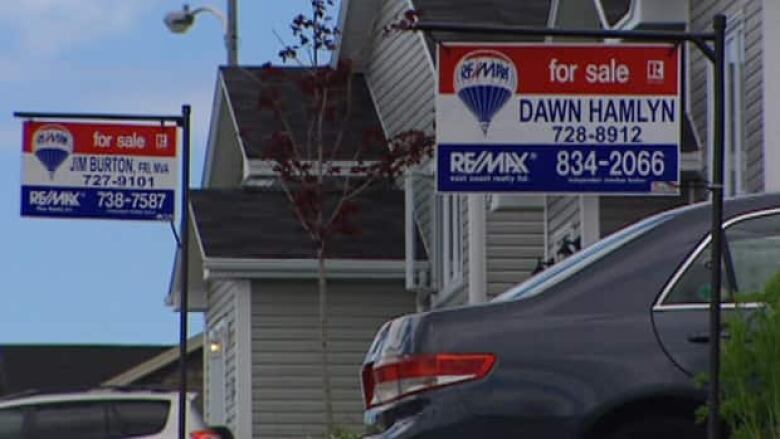'Ability to pay' needed to use downpayment program, Al Antle says

A credit counsellor says Newfoundlanders and Labradorians need to be aware of the realities of debt before they take advantage of the province's new Downpayment Assistance Program (DAP).
Premier Paul Davis announced a two-year pilot project the program last week, which will help home buyers with low to moderate incomes make their first payment on a home.
The program is geared towards households that earn less than $65,000 per year with variance policies in place for smaller levels of assistance for those with incomes slightly above $65,000. Under the program, people can apply for a $4,000 to $12,500 loan which would be repayable within five years.
Al Antle, the executive director of Credit Counselling Services of Newfoundland and Labrador, says while the program can be of help to prospective homebuyers, people need to know there is a risk with taking on more debt.
"We don't necessarily see the concept as a bad thing, home ownership is always a good idea in terms of a consumer looking to improve their financial position," he told CBC's On the Go.
"The concern we have is that most consumers will actually leap in, without doing a complete assessment of what we call 'ability to pay.'"
Antle said while the DAP may seem like easy money at first, people need to be aware that the five year grace period passes pretty quick, and the debt eventually needs to be paid back.
"It's almost like having a conversation with an 18-year-old about her or his student loan," he said.
"They don't see themselves as having a problem at 18 because it doesn't actually start to be a problem until they're 24 — the same thing applies here."
More expenses to owning a home than just the mortgage
Antle said people are often so anxious to become homeowners that they tend to only think about their mortgage payments. He said many of them rationalize that they're spending money on rent already, so they might as well be putting that money towards owning their own house.
"The reality is: home ownership is a whole lot more than that," he said.
"You have to insure the place, you have to pay taxes on the place. We tend, as human beings, to try and beautify the place. There's always something else to be done with the house."

That includes upkeep and repairs that often are covered by the landlord in a renting situation. In many cases, buyers are attracted to "fixer uppers" that have low mortgages, but are then hit with the harsh reality that they have to pay for major repairs or upgrades out of their own pocket.
Antle said his counsellors advise people that the house they live in — including all the amenities — should never consume more than 33 per cent of their take home pay.
"To live within one means, you need to control your budget, and your budget needs to be driven by your income and not what you would like to spend money on," he said.
"Caution, caution, caution is our advice."